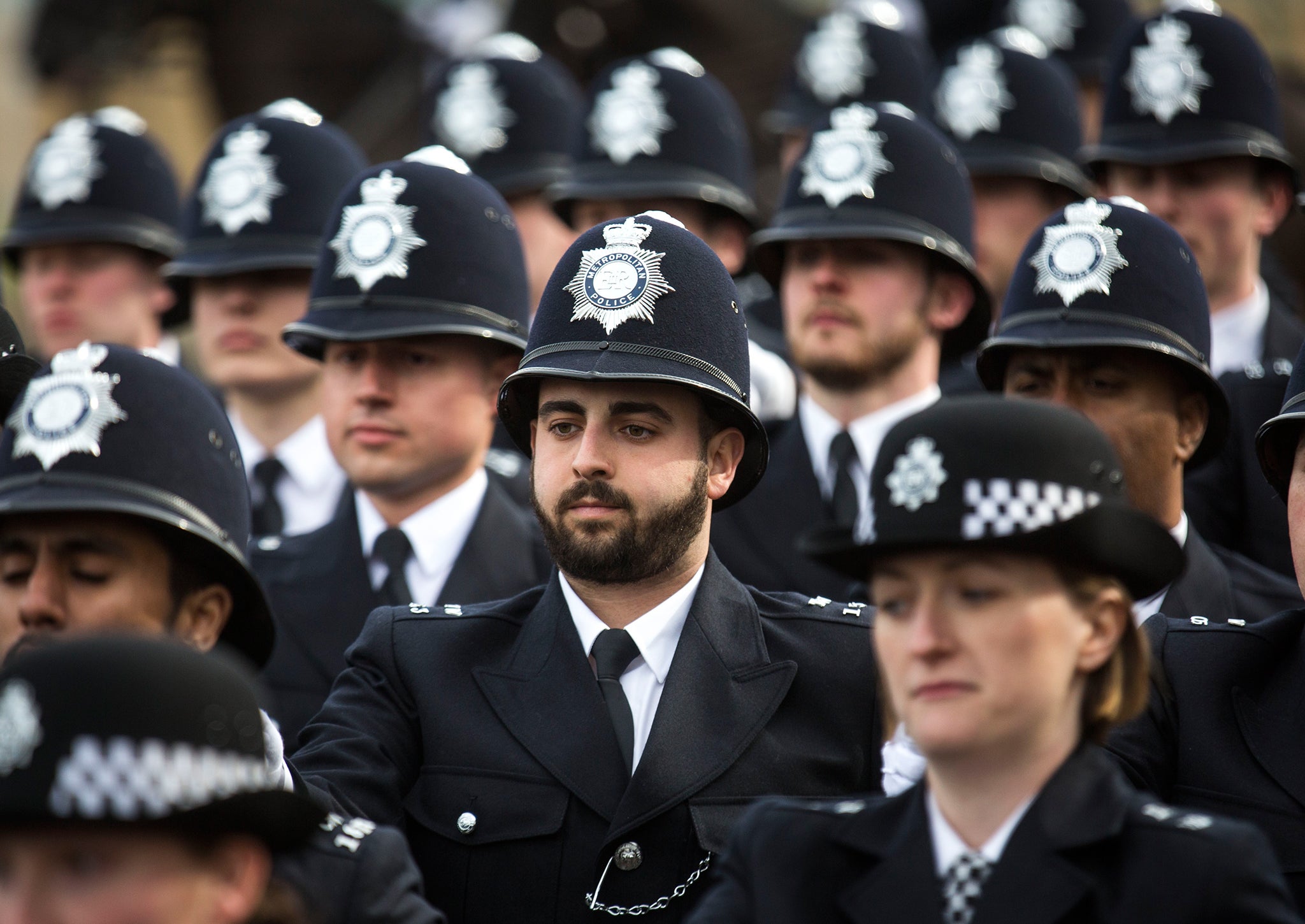Government's counter-extremism plans run risk of turning force into ‘thought police’
The plans have already been criticised for being based on a flawed strategy

The Government’s newly-unveiled counter-terrorism plans to target possible extremists run the risk of creating the UK’s own “thought police,” a leading anti-radicalisation police chief has said.
Simon Cole, the National Police Chief Council’s lead for counter-extremism programme Prevent, has voiced concerns over the Government’s new bill, which contains a number of new measures including restricting the employment of people with convictions for “hate speech” offences and the ability to ban “extremist” organisations.
Mr Cole told the Guardian that unless the Government is able to define “extremism” the new measures will be “very difficult to enforce”.
He told the paper he felt concerned about the proposed measures, “because the police need to be able to safeguard people without being drawn in to a hugely contentious potential role about a kind of thought police control of what people can and can not say”.
Leading anti-extremism group Quilliam, which has previously worked with the Government on its counter-extremism strategy, said the new bill is based on a flawed strategy.
“By banning extremism we play into the extremist narrative of victimhood and ‘the nanny state’. Challenge ideas, don’t ban them,” a spokesperson said.
“We can’t let ourselves become totalitarian whilst trying to protect ourselves from the very same ideology.”
Earlier this week a police study showed that more than half of people being drawn into terrorism may have mental health issues.
The study of 500 cases referred to de-radicalisation scheme Channel found that 44 per cent of people involved were assessed as likely to have mental health or psychological difficulties.
Figures obtained by the Press Association last year showed eight people a day were being referred to Channel.
The scheme is a key part of Prevent, which is itself a strand of Contest, the acronym given to the multi-pronged national counter-terrorism programme.
Channel aims to provide support at an early stage to people who are identified as being vulnerable to being drawn into terrorism.
Subscribe to Independent Premium to bookmark this article
Want to bookmark your favourite articles and stories to read or reference later? Start your Independent Premium subscription today.
